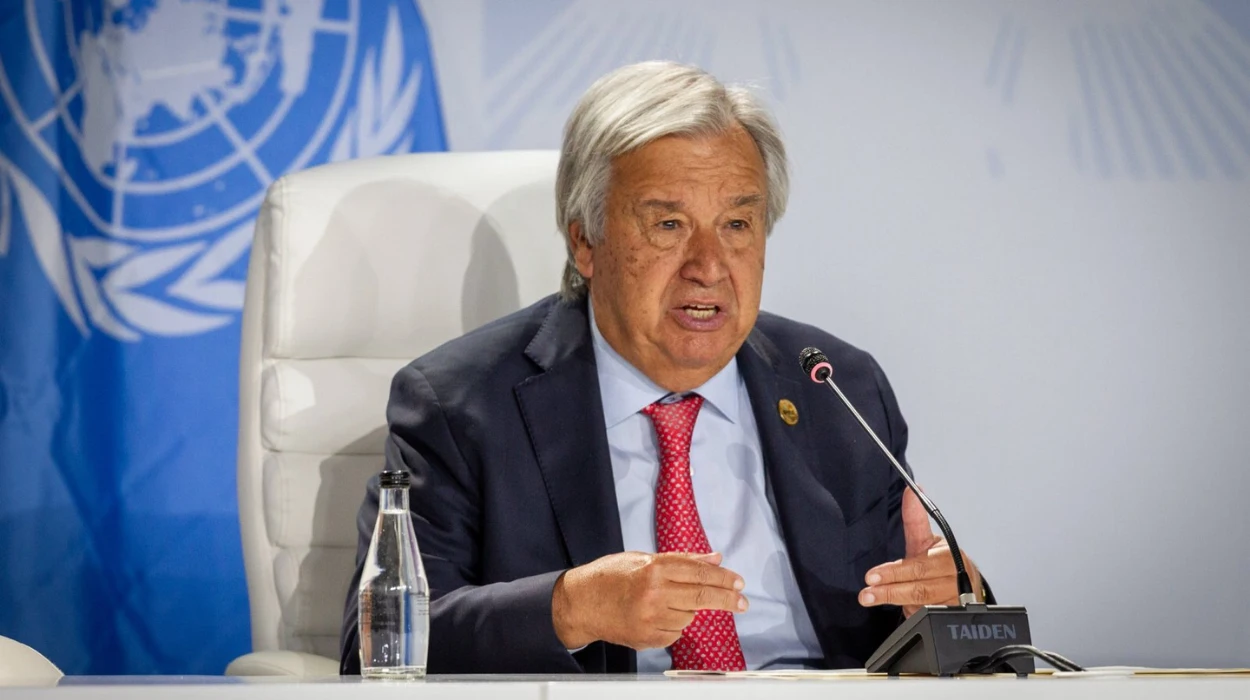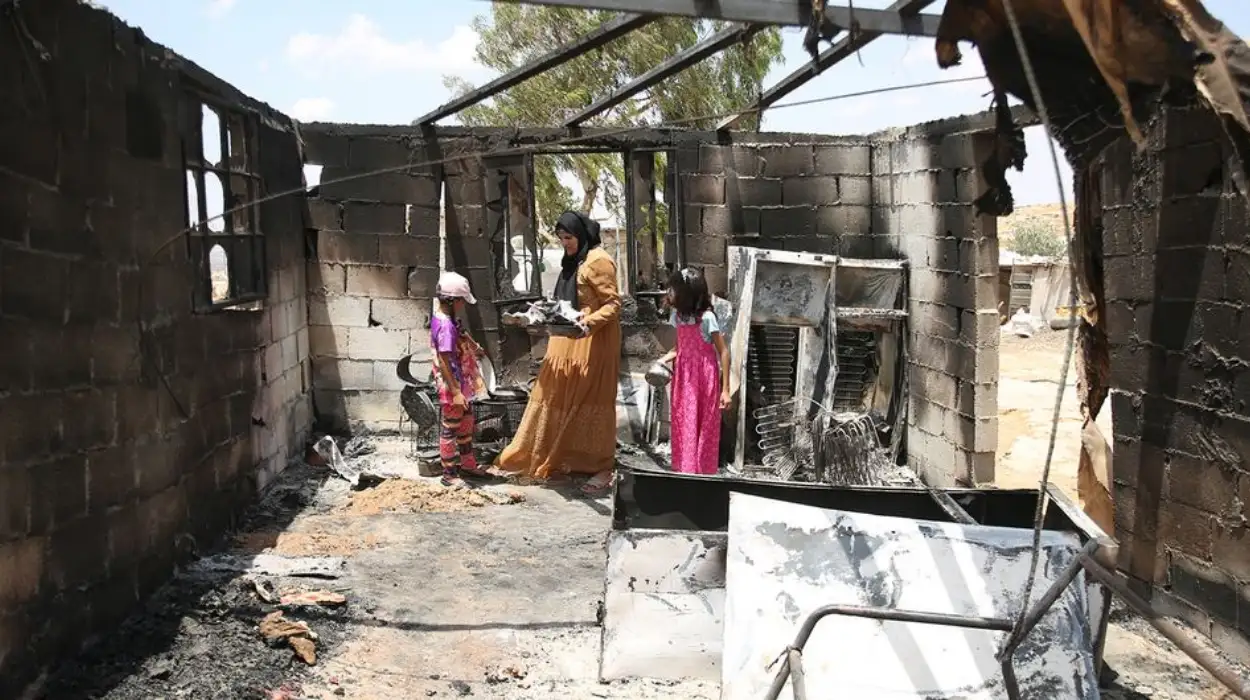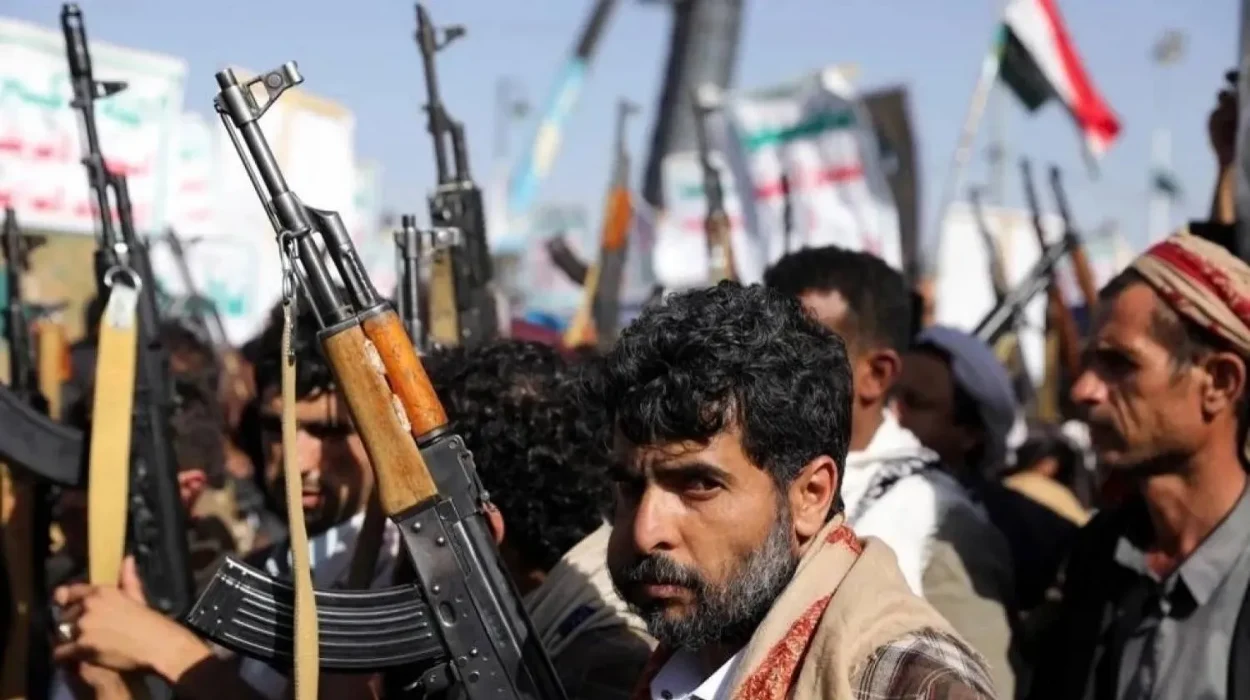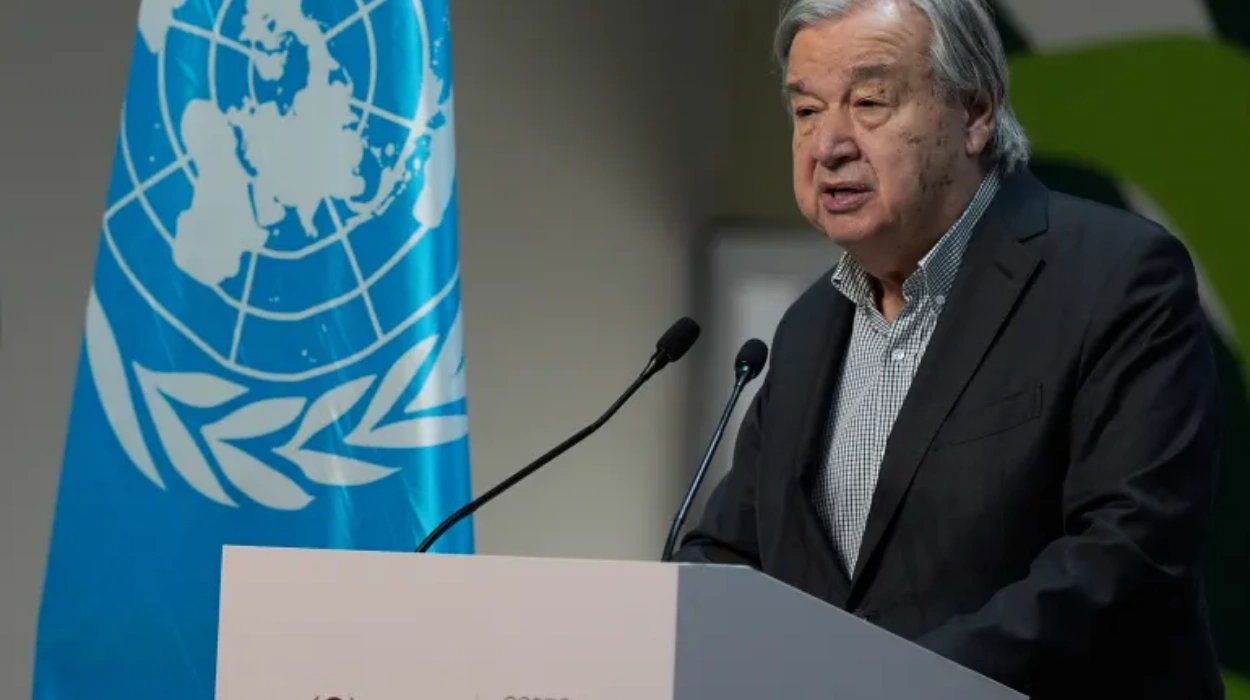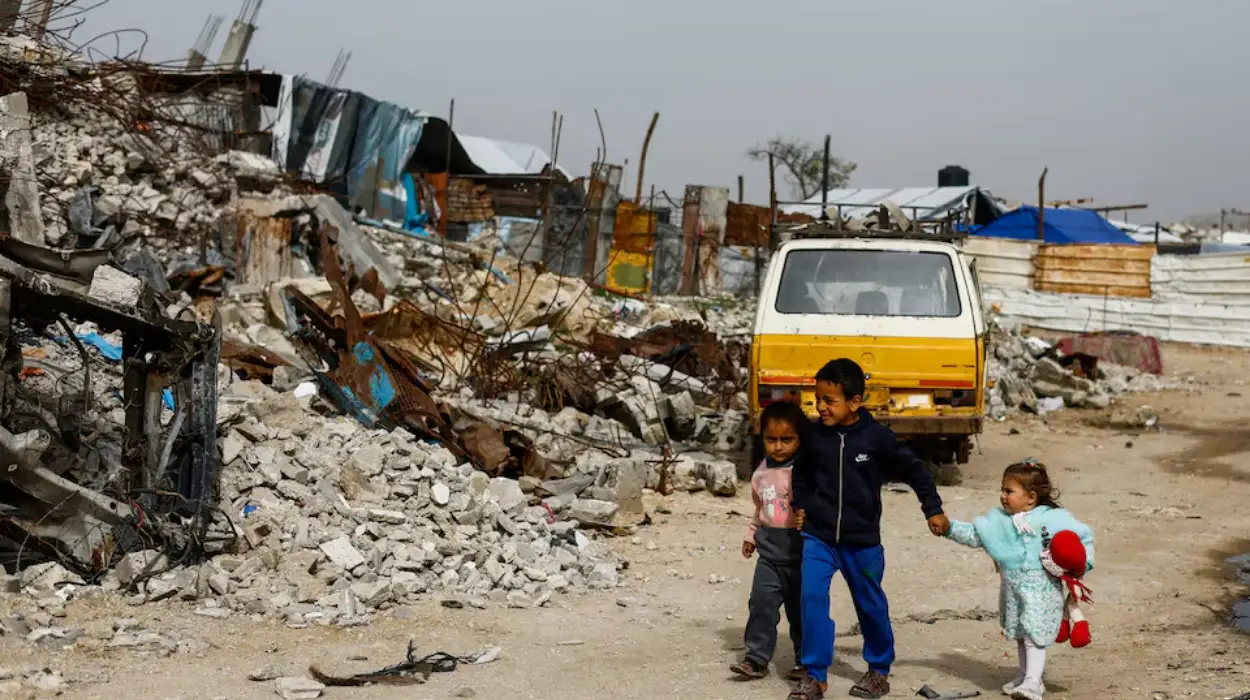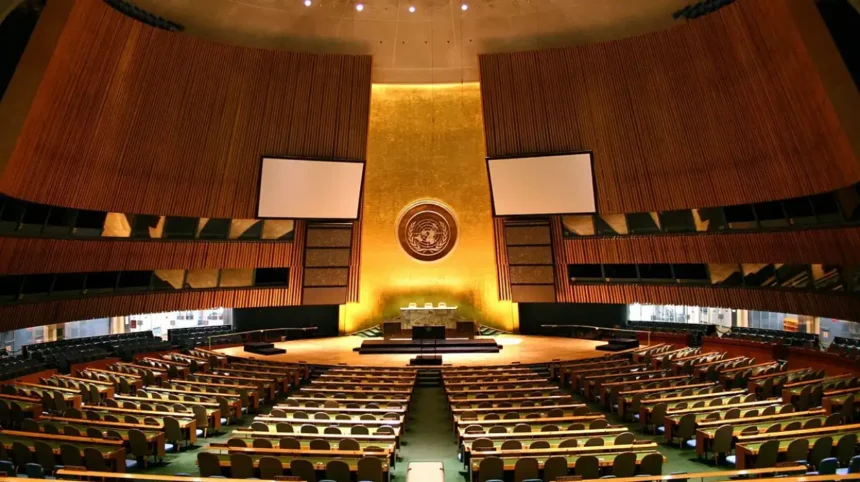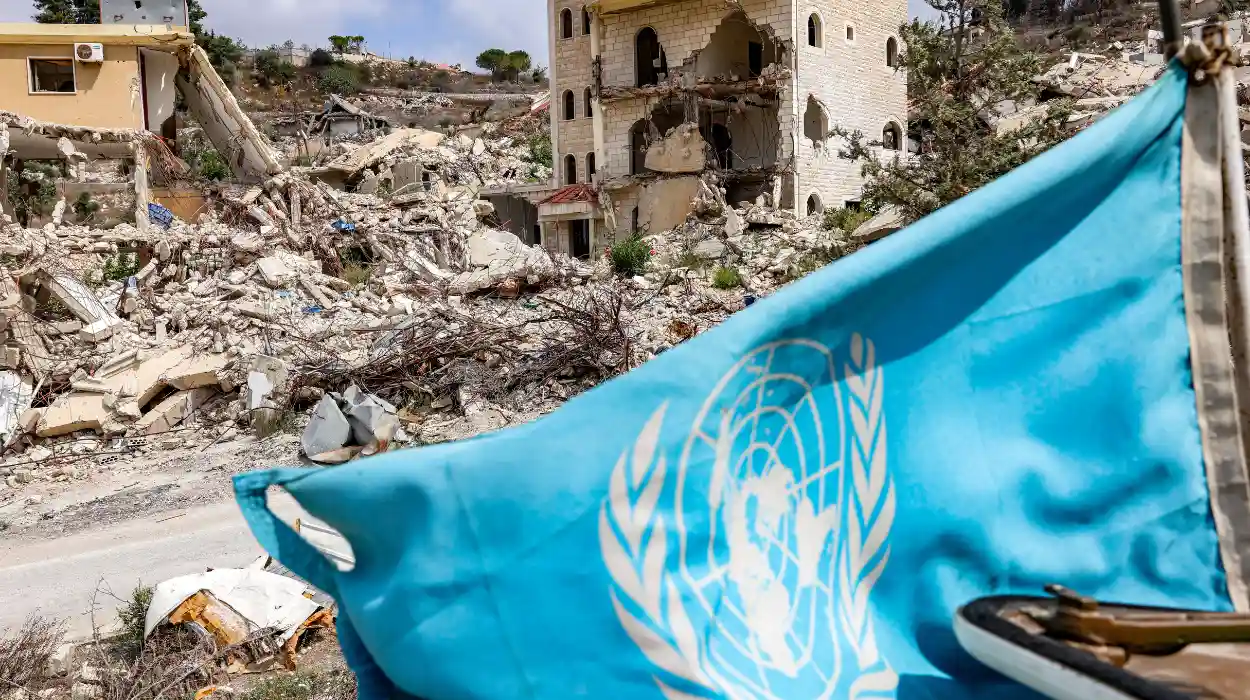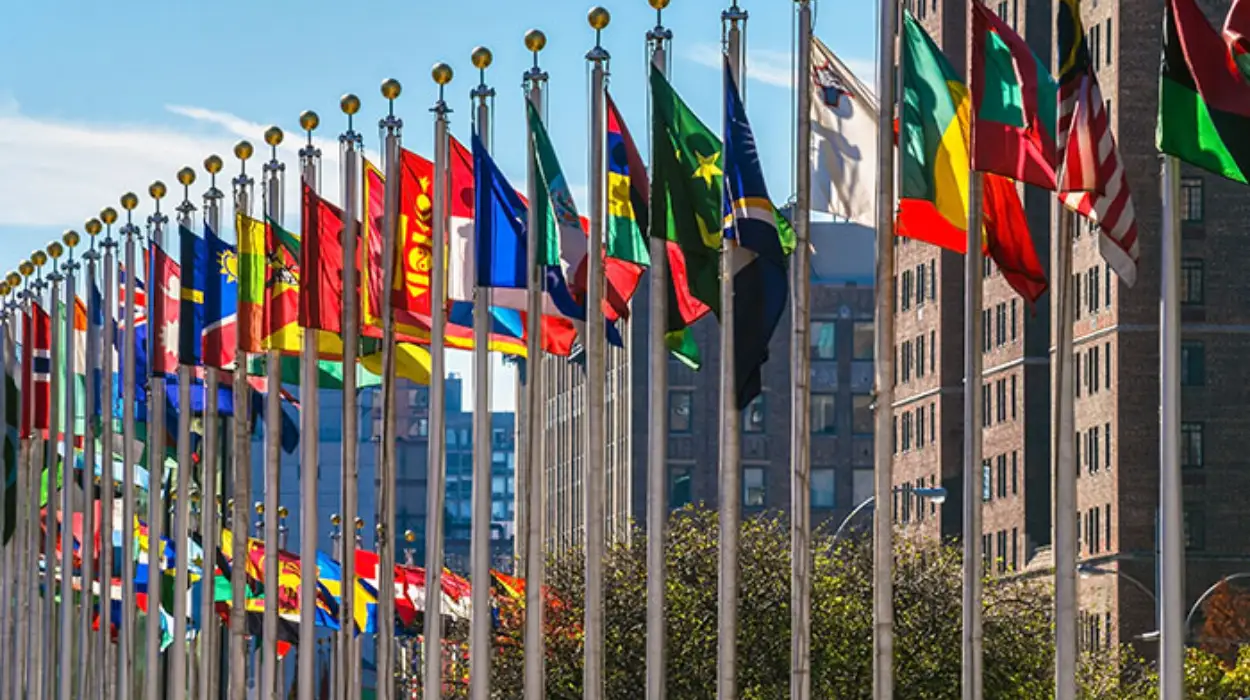As a result of its establishment in 1945, the United Nations General Assembly (UNGA) is the sole international platform where all 193 member states get equal representation. Every state, no matter the number of people, GDP or political power, casts one vote. It is a structure that represents the ideology of sovereign equality which forms the basis of multilateral cooperation.
The yearly meetings of the General Assembly in New York unite global leaders to deliberate on burning issues that affect the world including climate change and world security. Its capacity to embrace resolutions, support development objectives, as well as argue on international norms has strengthened its pertinence throughout the decades. Major successes, including the Universal Declaration of Human Rights and the Sustainable Development Goals (SDGs), have become the outcomes of the UNGA initiatives.
Although they are not legally binding, resolutions of the General Assembly serve to create international standards and give moral force. It is also in the Assembly that states which are not members of the Security Council have a diplomatic space to express their concerns, seek global recognition or offer global frameworks.
The Symbolic Nature And Structural Limitations Of The Assembly
The Assembly seems to be globally inclusive, but it has major limitations in its operation.
Non-Binding Resolutions And Enforcement Gaps
The UNGA is limited to a significant degree because it cannot put its resolutions into action. The results in the General Assembly are also based on member states compliance, as opposed to the Security Council whose resolutions may have the force of international law. This implies that even a massive majority vote on matters touching on ceasefires, disarmament or even humanitarian access is not binding.
The 2025 Gaza ceasefire resolution debates are examples. Although over 140 countries backed a humanitarian ceasefire, the fact that the resolution was not enforceable made the resolution a mere symbolic move. The ongoing war highlighted the fact that international agreement does not necessarily lead into action.
The Role Of Political Posturing
Political signaling tends to occur in UNGA sessions. States often take advantage of the platform to advance national causes with the global media attention and huge diplomatic outposts. Although these kinds of statements have the power to influence the discourse of the world, they seldom alter geopolitical realities.
This is being enacted in the yearly general debate whereby Presidents talk to domestic or regional blocs rather than addressing each other. By 2025,the conflict between the Global North and South on issues of vaccine equity, climate financing and digital governance was noticeable in terms of competing speeches but not joint propositions.
Evolving Global Power Dynamics Challenge UNGA Consensus
In 2025, the geopolitical order will be characterized by multipolarity. The emergence of China, India, Brazil and other local giants has changed the balance of power in the UN.
Decline Of Unipolar Leadership
The US leadership has been withdrawing itself recently, starting with the Trump administration, and leaving the world without a global coordinating mechanism with the withdrawal of treaties. Biden and with successor administrations have made efforts to repair relationships but distrust still prevails. Declining donor support to the UN has led to operational ambiguity of major programs.
Despite the US being the largest funder to the UN, trust is damaged by delayed payments as well as strategic conditionality. Concurrently, nations like China and Gulf states have raised voluntary contributions of which there are usually strings attached, which have changed the dynamics in funding and agenda setting.
Fragmentation And Regionalization Of Diplomacy
Over the recent years, an increased number of states have resorted to regional entities, like African Union, ASEAN, or Mercosur- to collaborate in the development and security domain. These bodies have more specific solutions and can respond more quickly, and the universal system proposed by the UNGA seems slow and tedious by contrast.
The strength of the General Assembly is its wide membership but makes it difficult to reach consensus. Rival blocs, such as the G77, EU, and BRICS often pursue competing agendas, which result in watered-down solutions or the lack of consensus on important matters.
The UN80 Initiative And Renewed Multilateral Aspirations In 2025
Such difficulties notwithstanding, 2025 has witnessed a renewed interest in the resuscitation of the relevance of the General Assembly, not least with the UN80 initiative under which Secretary-General Antonio Guterres leads.
Expanding The Agenda For Future-Oriented Governance
The UN80 project is about reform in governance, inclusion in digital space, and the rights of the future generation. There have been talks of establishing a new advisory body to represent youth and indigenous people, and states vulnerable to climate change. These forums are not binding yet show efforts of extending participation and legitimacy.
The Assembly also discussed the regulatory principles of artificial intelligence, data protection and online surveilling in high-level meetings recently. Although no consensus has been reached yet, the fact that the Assembly is ready to discuss these issues demonstrates a shifting mandate according to the issues of the 21st century.
Institutional Reforms And Procedural Efficiency
Demands to reform the structure, especially the relationship between the Assembly and the other UN organs- have been on the increase. Some of the proposals are to give the General Assembly a more active role in appointing leadership to specialized agencies and reviewing budgetary allocations in peacekeeping missions.
But, efforts to reform are usually halted by competing national interests. Veto-endowed countries at the Security Council have opposed mechanisms that water down their power. In the meantime, smaller states desire greater participatory budgeting and redistributive allocation of resources.
Balancing Inclusivity And Effectiveness
The uniting nature of the Assembly is its strength and weakness.
Sovereign Equality Versus Capacity Gaps
The one country one vote principle is a way of creating parity without the consideration of capacity disparities. Certain member states find it hard to implement, report, or represent and this limits the efficiency of the work of the Assembly.
This gap is reflected in the SDG monitoring. Lack of resources has been cited as an excuse by many developing states which have not filed Voluntary National Reviews. This influences international monitoring and interferes with evidence-based policy changes.
The Expanding Agenda And Risk Of Diffusion
With the increased number of challenges impacting the world, the Assembly agenda has expanded to cover cryptocurrency regulation to AI ethics. Although it is a must, this expansion runs the risk of straining diplomatic resources and bureaucratic bandwidth. Member states, especially small delegations are finding it difficult to follow up the amount of negotiations, working groups, and cross cutting priorities.
Attempts to simplify sessions and give them thematic priorities have been both successful and unsuccessful. Others have more limited themes on an annual basis, others like to keep the breadth of an agenda.
The UNGA’s Future Role In Global Diplomacy
The UN General Assembly is the most inclusive multilateral institution that exists, and where small island countries can confront nuclear superpowers, and where the voices of civil society are heard by holding side events and thematic days.
Nevertheless, it is facing growing criticism as an engine of international law or useful policy. The relevance of the Assembly is determined by its ability to adjust to the new realities of the world without jeopardizing their original values of equality, inclusion, and cooperation.
The question now is whether the UNGA can reimagine itself not just as a stage for symbolic resolutions, but as a mechanism for shaping the international system of the 21st century. Its future effectiveness will rest on how it navigates power asymmetries, internal reform, and the increasing demand from global citizens for accountable, just, and responsive international governance.
If the General Assembly fails to meet these expectations, it risks becoming a ceremonial echo chamber in a world that can no longer afford empty consensus. But if it succeeds, it could yet redefine multilateralism in ways that reflect a more complex, connected, and contested global order.


